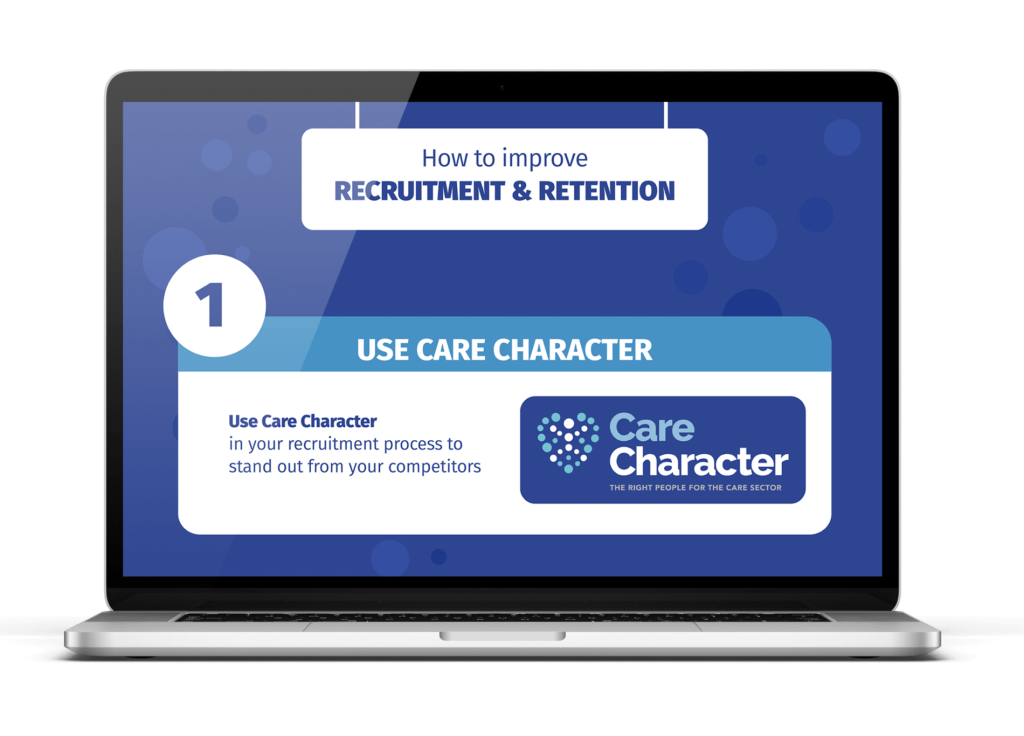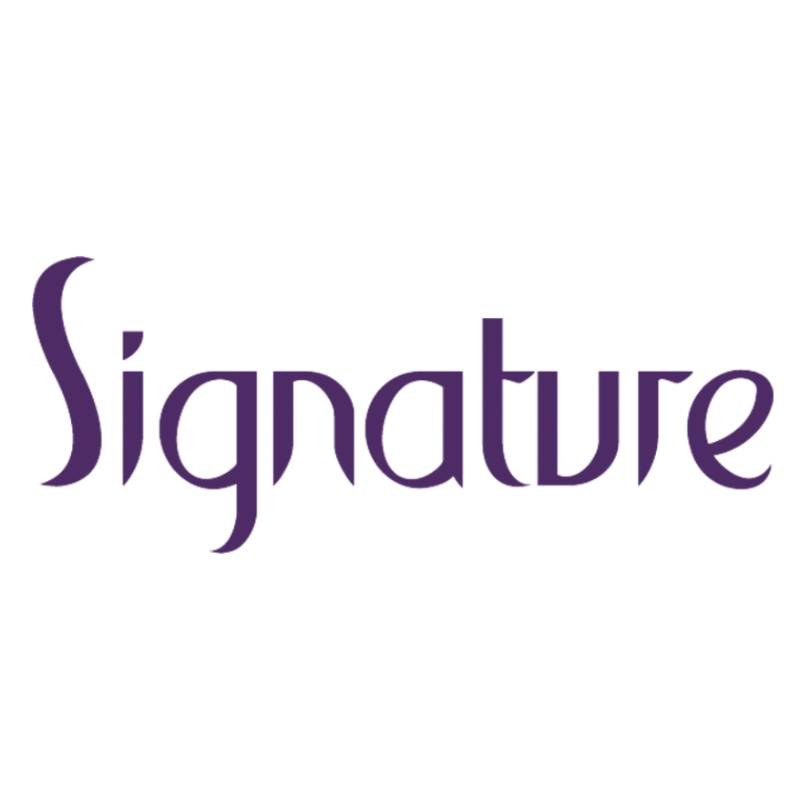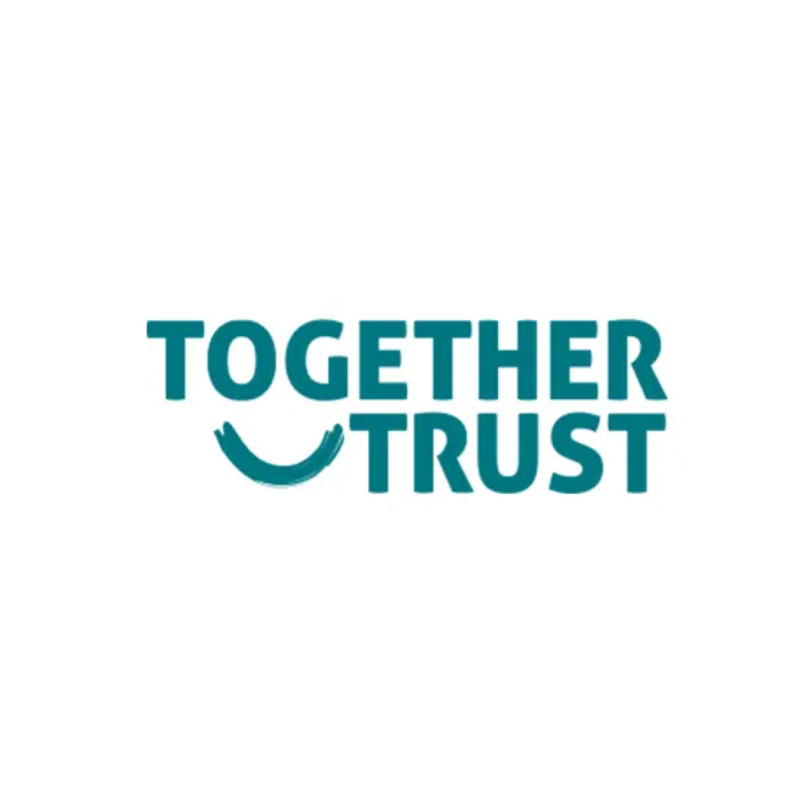Applicant Assessment Engagement and Development Tool
Attract and Retain High Quality Care and Support Staff with our Proven Assessment Tool that is designed to support your recruitment functions and candidates also supporting improved retention.

What is Care Character
The ultimate recruitment, retention, and development tool designed specifically for the social care sector!
Our innovative approach draws on seven academically researched and validated behavioural qualities that are essential for success in this demanding field. From compassion and empathy to adaptability and resilience, Care Character helps you identify and cultivate the skills that matter most in your team.
- Communication
- Compassion and Empathy
- Dutifulness
- Teamworking
- Inclusivity and Respect
- Adaptable and Resilient
- Procedural Compliance
AVAILABLE ONLINE 24/7
How it works

Candidates complete a short, 5-7 minute online assessment that evaluates their skills and behaviours across seven Qualities of Care.

Using a ten-point scale, we score each candidate and generate four tailored reports that help you make informed decisions about recruitment, retention, and development.

Our platform is built on validated business psychology and psychometric principles, ensuring that every candidate is assessed against the same rigorous standards.
Key Benefits
-
Interview attendance rates improve
-
Clients have seen offer rates improve when using this tool
-
Turnover rates have improved when Care Character is used as a development tool
-
Recruit candidates with or without experience but with the right values
-
Be available 24 / 7
-
Improved candidate onboarding
-
Bespoke Interview Questions
PRIORITISE TOP TALENT
Better Recruitment Strategy

Focus on the Best Candidates
With Care Character, your recruitment team can focus on the best candidates first, thanks to our innovative assessment process. By identifying the most suitable candidates based on their behavioural qualities, you can save time and resources and ensure that you're hiring the right people for the job.

Higher Employment Rates
Candidates who use Care Character are more likely to start employment with your organisation. Our platform not only helps you identify the best candidates, but also gives them the tools and resources they need to succeed in their new roles.

Stand Out from the Competition
With Care Character, you can provide bespoke interviews that leave a lasting impact on your candidates. By tailoring your interview process to each candidate's specific strengths and development areas, you can stand out from the competition and attract top talent to your organisation.
Need the perfect tool for applicant assessment engagement and development?
Improved Engagement
Improved Offer Rates
Improved Onboarding
Improved Retention in Social Care

Customised 1-2-1 Meetings:
Care Character provides managers with the information they need to schedule 1-2-1 meetings with their staff at the right time. By using our platform, you can ensure that your team members receive the support and guidance they need to succeed in their roles.
Improved Retention:
Care Character supports your staff to feel valued and to have time with their manager – a key factor in improving retention rates. By prioritising the needs of your frontline workers, you can create a more positive and supportive workplace culture that helps keep your team members engaged and motivated.
Tailored Questions for Training and Development:
Care Character provides bespoke questions for your managers to support training and development. With our platform, you can ensure that your staff receive the specific guidance and coaching they need to improve their skills and confidence.
Consistent Training and Development:
Care Character allows you to provide consistent and continual training and development across your frontline workforce. Our platform helps you identify areas for improvement and provides the tools and resources your staff need to enhance their skills and confidence.Contact us















